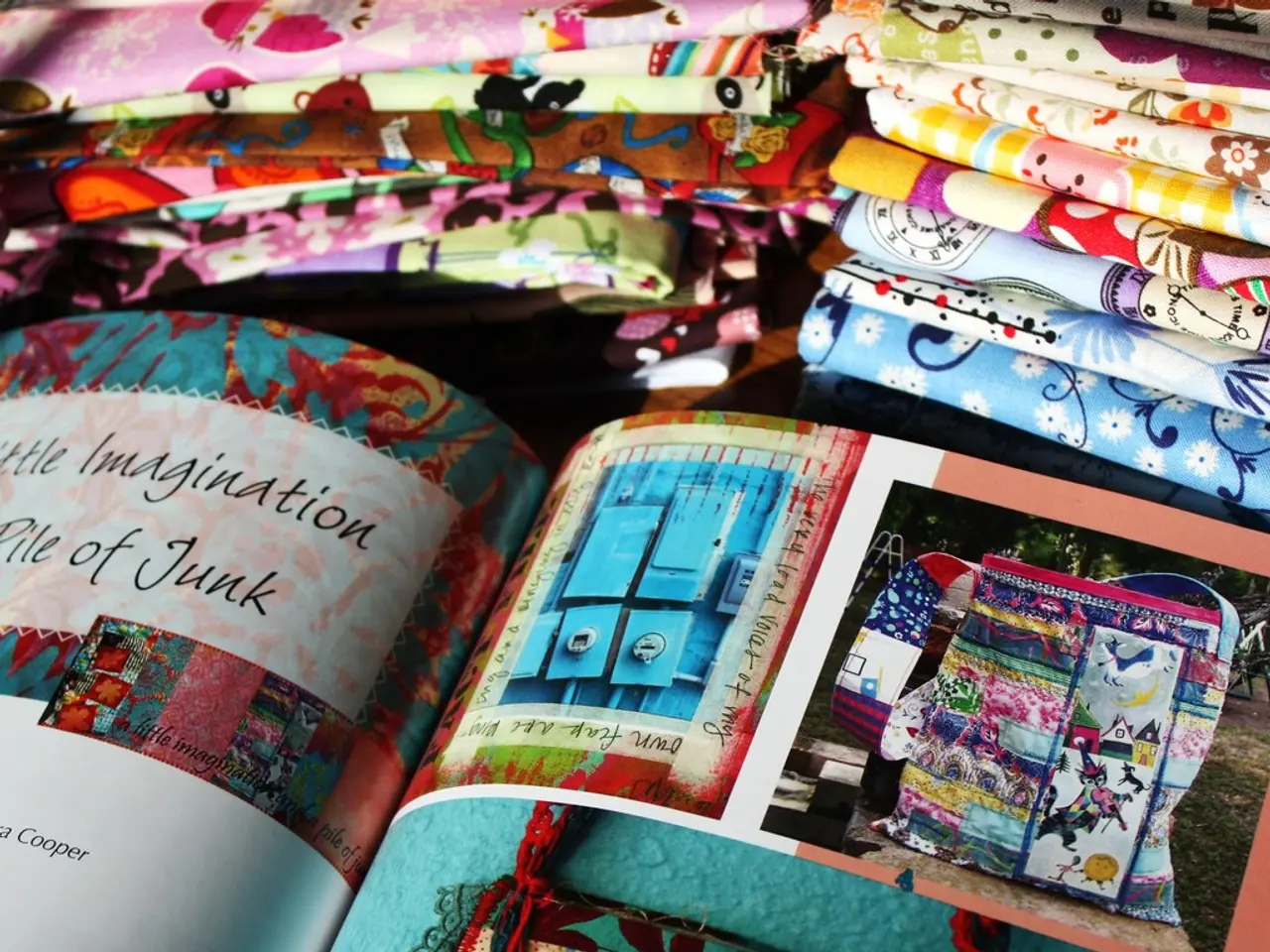Resist It Forcefully
In the turbulent times of the Roman Empire, Emperor Marcus Aurelius faced a series of personal tragedies and setbacks that would have broken many. Yet, he found solace in the philosophy of Stoicism, which he chronicled in his Meditations.
Marcus Aurelius' family also faced numerous hardships, including betrayal and illness. Despite this, the emperor extended grace to others, something he may not have received himself. In the face of adversity, Aurelius approached coping with personal tragedy through the lens of Stoic philosophy. He emphasised acceptance, inner resilience, and focusing on what is within one's control.
One of the key thoughts from Meditations related to coping with personal tragedy is the acceptance of fate. Aurelius stressed the importance of accepting events as part of the natural order of the universe. Since some things are beyond human control, resisting or lamenting them only causes more suffering. Instead, one should embrace reality calmly and without complaint.
Another crucial concept is distinguishing between what can and cannot be controlled. Aurelius advocated focusing on controlling one's own judgments, actions, and responses rather than external circumstances, which are outside one's power. This mental discipline fosters inner peace even amidst chaos.
Marcus Aurelius also recognised the temporary nature of suffering. He reflected on the fleeting nature of pain and misfortune, reminding himself that adversity is transient and should not disturb one's rational mind.
In times of adversity, Aurelius maintained virtue amidst betrayal and loss. He viewed virtue as the true good and encouraged acting rightly regardless of external hardship or betrayal, including betrayal from close family or loss of political hope.
Detachment from outcomes was another important aspect of Aurelius's Stoic strategy. Stoicism teaches detachment from desire and outcome. Marcus likely struggled deeply with personal grief and disappointment, yet he continually returned to the ideal of maintaining a steady, undisturbed mind.
Meditations reveals Marcus Aurelius’ Stoic strategy for dealing with multiple tragedies: embrace what you cannot change, focus your energy on your own virtue and reason, and cultivate an acceptance that leads to inner peace despite external turmoil.
The musical Hamilton offers a modern perspective on the struggles and resilience of historical figures, in this case, Marcus Aurelius. The lyrics "There are moments that the words don't reach / There is a grace too powerful to name / We push away what we can never understand / We push away the unimaginable" resonate with Aurelius's experiences.
A specific copy of "Meditations" was Marcus Aurelius's way of finding reflection and working through his hardships. He did not delve deeply into the reasons for his hardships in his writings, but the strategies he used to cope, such as focusing on gratitude and extending grace, can be applied by others facing their own unimaginable challenges.
Despite his unimaginable hardships, Marcus Aurelius continued to move forward, symbolised by putting one foot in front of the other. His Stoic philosophy, as documented in Meditations, serves as a testament to his resilience and offers valuable insights for those facing personal tragedies today.
In the vein of modern self-improvement and mental health literature, one might find parallels between Marcus Aurelius' Stoic philosophy and today's health-and-wellness approaches, fostering inner peace and personal growth. Additionally, the essence of Aurelius' Stoic teachings on acceptance, detachment, and inner resilience resonates with concepts in education-and-self-development, particularly when navigating science, career, and life challenges.




